Did your dog get stuck in a blizzard? Or is it just dog dandruff? Jokes aside, this skin condition is a pain for you and your furry friend! The little white flakes dusting your dog’s coat aren't just gross, they could indicate a serious health issue. You can brush and bathe all you want, but until you address the underlying cause, dandruff will stick to your dog (and your hands, and your furniture)!
What is Dog Dandruff?
Dandruff is dead skin cells that get stuck in your dog’s coat. It looks like little white flakes in your dog's fur that seem to generate endlessly. Dandruff flakes can also be yellow if they're oily, or reddish-brown if they're mixed with scabs. Dandruff is typically an indication of another health condition, so other symptoms like itchiness, skin irritation and foul odor often accompany dog dandruff.
Why Does My Dog Have Dandruff?
Your dog can develop dandruff for a myriad of reasons. A careful review of your pooch's health, environment, and lifestyle will provide clues about the source of their flake issue.
Seborrhea
Also known as seborrheic dermatitis, seborrhea occurs when the sebum glands in your dog's skin overproduce oil. The excess oil causes the skin to flake and become irritated. Signs of seborrhea include redness, itching, foul odor, lesions, and of course, dandruff flakes. This condition usually occurs on the back, flanks, face, and skin folds.
There are two types of seborrhea: seborrhea sica and seborrhea oleosa. Seborrhea sica is characterized by dry, flaky skin. Seborrhea oleosa has an oilier presentation, with greasy lesions mingling among skin flakes. Most dogs will have a combination of both types of seborrhea. Seborrhea occurs by itself, or it's triggered by another condition. Endocrine disorders, allergies, parasites, infections, obesity, diet, and genetics can all play a factor in this condition.
Mites
Mites are gross, no question about it. These little parasites set up camp in your dog's fur and feed off their skin every day. It's perfectly normal for all dogs to host some critters, but these organisms do not help your dog at all. Dandruff is a typical result of a mite infestation, so avoid mite exposure at all costs. Here are some conditions that mites cause.
Cheyletiellosis
Cheyletiella yasguri mites cause skin irritation in dogs that often lead to dandruff. You can see these mites crawling across your pet's skin, which is how they earned the nickname "walking dandruff.” Cheyletiella mites are highly contagious and can even jump across species - cats, rabbits, and people are all prime targets for these parasites. Cheyletiellosis is the official name for a Cheyletiella mite infestation.
Demodectic Mange
Demodex mites are another unsavory pest that can wreak havoc on your dog’s skin. An infestation of these mites leads to demodectic mange, which causes swelling, hair loss, and flaky skin. All dogs have some Demodex mites, but the mite population can grow out of control in dogs with weak immune systems.
Skin Infections
A skin infection may cause your dog's skin to become irritated and shed abnormally. A veterinarian can accurately diagnose which condition is affecting your dog's skin.
Ringworm
Ringworm is a fungal infection that presents itself as a red, round, raised area of skin. It's caused by a fungus that lives on the top layer of the skin and within the hair follicles. Your dog contracts ringworm via direct contact with the fungus, so either another infected dog or a contaminated object. Ringworm causes your dog's hair to break and shed easily, resulting in bald patches.
Yeast Infections
Also referred to as yeast dermatitis or Malassezia, yeast infections on your dog's skin are another culprit for dandruff. Like ringworm, yeast infections are caused by a fungus. However, unlike ringworm, these infections aren't contagious.
Malassezia pachydermatis, the fungus responsible for causing these annoying infections, is a normal part of a dog's skin biome. When the fungus grows out of control, the infection causes undesirable symptoms. Signs of a yeast infection include itching, odor, and ear infections. Flaky, hyperpigmented, or thickened skin are common symptoms as well.
Grooming
Bathing or brushing your dog too frequently may disrupt their skin's natural function. Dryness, irritation, and dandruff can all result from over-zealous grooming. On the flip side, neglecting your dog's grooming hygiene can also cause dandruff. To keep your dog's skin healthy and flake-free, you need to find a healthy middle and groom them just enough to aid their skin's natural shedding processes.
Allergies
Allergic reactions can cause your dog's skin to itch. You might be inclined to think allergens have to touch your dog's skin to cause dandruff, but that's not the case. Food allergies are often the cause of itchy, dry skin on dogs. The most common allergens include dairy products, beef, lamb, eggs, chicken, gluten, and soy.
Diet
Vitamin and amino acid deficiencies lead to dandruff in dogs. If your dog's only food source is dry kibble that lacks nutritional balance, snowy flakes can be the result. Your dog needs a variety of nutrients in their diet. Supplementing their diet with extra nutrients, especially Omega-3 fatty acids, will go a long way in supporting their skin's health.

Low Humidity
If the air in your home feels sort of like the air in the desert, your dog is ripe for dandruff. A lack of moisture in the air can dry out your dog's skin, and dogs with dry skin are prone to developing dandruff. Low humidity can be a consequence of your zip code, or your dog may have parched skin to begin with. Whatever the reason, investing in a humidifier will nip this problem in the bud.
Genetics
Sometimes genetics might be to blame for your dog's dandruff. If you're having trouble determining the cause of your dog's flake issue, their lineage could be the answer. If your dog's parents have skin conditions that cause dandruff, your dog is more prone to developing dandruff. Some breeds are more prone to developing skin conditions than others, so be sure to research what conditions could run in your dog's genes.
Endocrine Disorders
Endocrine disorders, or hormonal disorders, are a major cause of dandruff in dogs. Hormones play a key role in regulating the skin's function. When your dog is under or overproducing certain hormones, their skin's health can suffer. Here are some endocrine conditions that can cause dog dandruff:
Hypothyroidism
Hypothyroidism occurs when the thyroid gland, which regulates metabolism, doesn't produce enough hormone. The deficiency of thyroid hormone results in your dog's metabolism slowing. Hypothyroidism causes hair loss, weight gain, lethargy, and dry skin. A dog with dry skin is likely to develop dandruff.
Cushing's Disease
Cushing's disease develops when your dog's adrenal or pituitary glands produce too much cortisol. Symptoms include increased thirst and appetite, reduced activity, a swollen abdomen, hair loss, and skin infections. Dandruff can result from skin infections caused by Cushing's disease. This condition is serious - bring your dog to the vet if you believe they are suffering from this disease.
Symptoms of Dandruff in Dogs
Symptoms of dog dandruff can be obvious or subtle, depending on how severely your dog is affected. Not every symptom will be present, but if you notice that your dog (or furniture) is in distress, it's important to intervene and address the issue.
Be on the lookout for these dandruff symptoms:
- An excessive amount of skin flakes on your dog's coat
- Itchiness
- Redness or irritation on your dog's skin
- A foul odor on your dog's skin
- Thinning hair or bald patches
- Unusually oily or dry skin
Related Article: The Best Dog Itchy Skin Home Remedy – Full List
How to Get Rid of Dog Dandruff
The appropriate treatment for your dog's dandruff will depend on its cause. Once you've determined what's contributing to your dog's dandruff, you can choose a treatment designed for that specific issue.
Shampoos for Dog Dandruff
Special shampoos formulated to treat skin conditions like seborrhea or ringworm will combat dandruff. These shampoos contain antifungal ingredients or fatty acids to combat the underlying cause of dandruff. Consult your veterinarian for an accurate diagnosis and the best shampoo recommendation.
CBD Shampoo (for Dogs)
If you want a gentle shampoo to support your dog's skin, CBD dog shampoos are worth looking into. Cannabidiol (CBD) is a cannabinoid derived from the hemp plant. This compound complements the functionality of your dog's endocannabinoid system (ECS) through interaction with receptors on their skin.
When your dog's ECS is working at full capacity, their various systems (digestive, integumentary, nervous) work harmoniously and regulate with ease. Consumers are increasingly turning to CBD shampoos for their dog's minor skin irritations.
Related: Holistapet CBD Dog Treats
Oatmeal Shampoo (for Dogs)
Oatmeal shampoos tend to soothe and moisturize the skin simultaneously. Always make sure the shampoo is made for canines because a human shampoo can cause more damage or irritation if you use it on a dog. Oatmeal aids the skin due to its anti-inflammatory attributes.
Omega-3 Fatty acids
Vitamin supplements can compensate for any gaps in your dog's diet. Omega-3 fatty acids are especially beneficial for skin health. Omega-3 is also used topically in some shampoos to support the skin barrier and help the epidermis retain moisture. Our CBD tincture oils for dogs are made with hemp seed oil and CBD. Both come from the hemp plant which is full of omega 3 fatty acids. Hemp seed oil is a great source of omega 3, 6, and 9 for dogs. Plus the CBD may help soothe minor irritations and help your pet to relax.
Grooming
If you're not over-grooming your dog, some additional brushing can help their flaky skin. Brushing removes dead skin and stimulates protective oils. Baths with medicated, gentle shampoos can soothe irritation and add more protective agents to your dog's skin.
Diet & Hydration
Changes to your dog's diet can promote their skin health. Always ensure your dog receives a full nutritional profile in their food. Feeding your dog more omega-3 fatty acids will benefit their skin. Of course, make sure you eliminate allergens from your dog's diet ASAP. Finally, it's also very important to keep your pet hydrated because dehydration can lead to dry skin and dandruff in dogs.

Preventing Dog Dandruff
Though there is no guarantee your dog will be safe from this condition, there are plenty of steps you can take to ensure your dog doesn't develop dandruff.
Buy a Humidifier
Moist air promotes moist skin, and moist skin is less prone to dandruff. Using a humidifier in your home will keep your dog's skin from drying out. If your dog already suffers from dandruff, keeping them in a humid environment will improve their condition a humidifier will help you out, too - buy one today and feel the difference for yourself.
Treat your Pooch to a Massage
Massaging your dog's skin will increase blood flow to their dermis and aid in healing. Like brushing, it will also exfoliate the skin. Why not let your dog relax and enjoy a full-body rub? Massages also provide the perfect opportunity to apply beneficial oils (like coconut, jojoba, or almond) that can support your dog’s skin.
Home Made Leave-On Treatment
Mix one part water with one part apple cider vinegar and apply to your dog's skin with a spray bottle or sponge. Apple cider vinegar will rebalance the skin's pH and facilitate healing. You can use this treatment after a bath to remove soap residue, or as needed to alleviate dandruff symptoms.
Find More Dog Home Remedies Here
Final Thoughts - Dog Dandruff
Don't fear! Though it's concerning, dog dandruff can be defeated! All it requires is some detective work to discover the cause. Once you've nailed down the source of the issue, treatment should be a breeze. Don't keep your pet suffering needlessly - if you notice their quality of life is deteriorating, take them to the vet for the best care. Read more here about Holistapet.



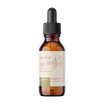
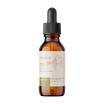
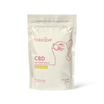


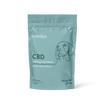
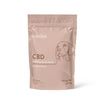


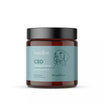

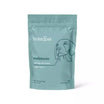





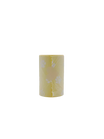


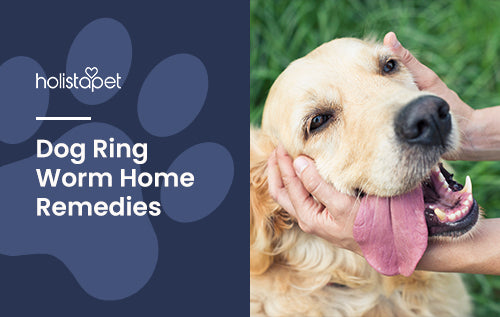
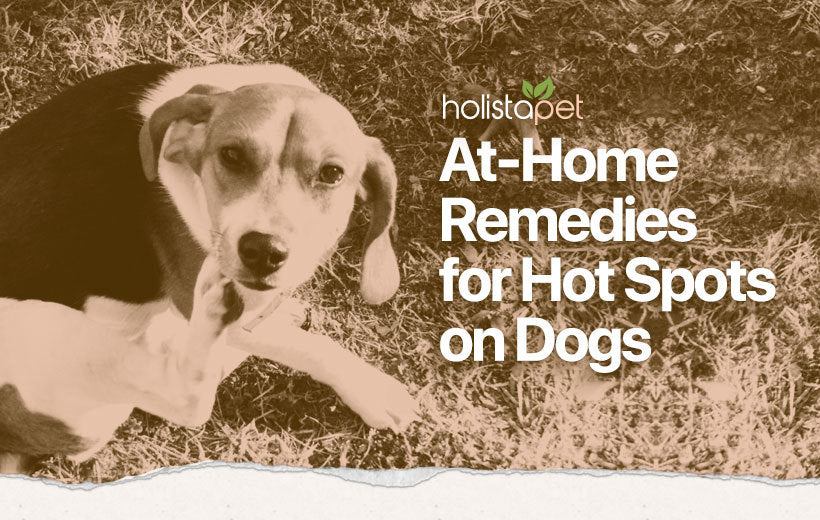
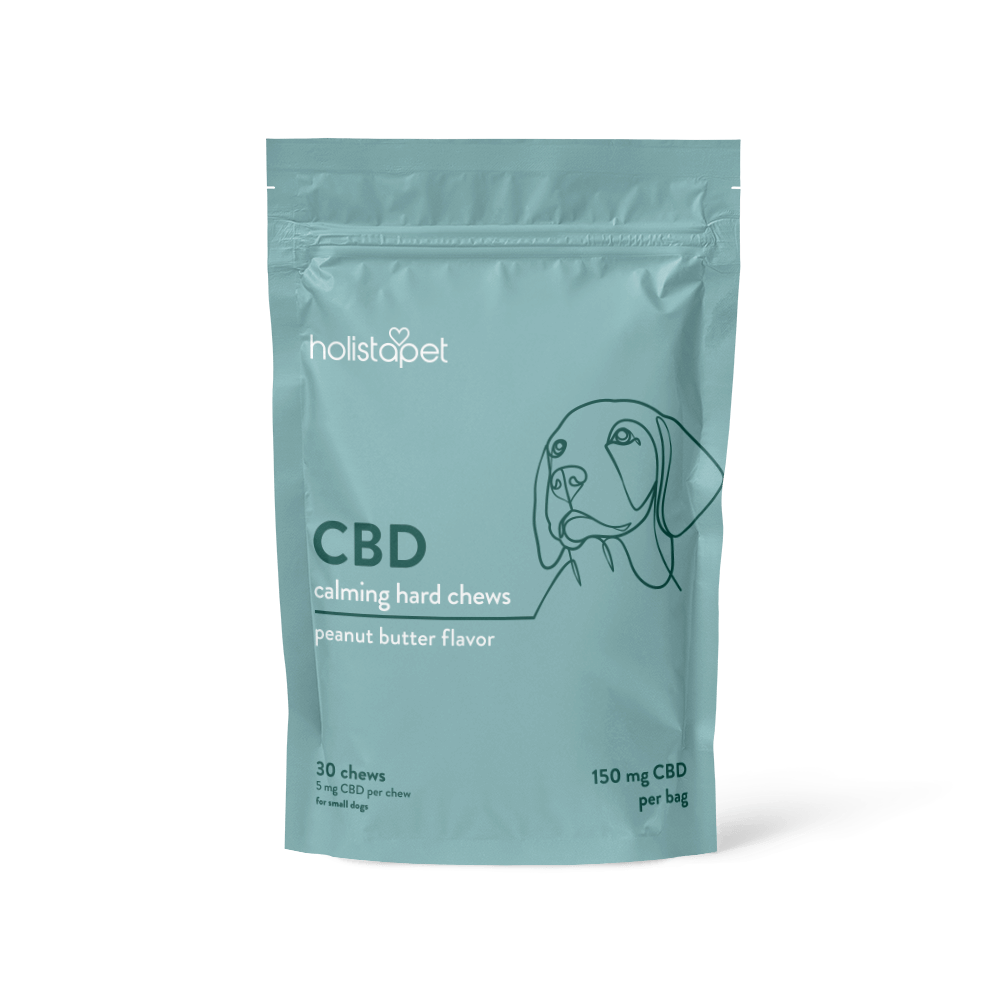
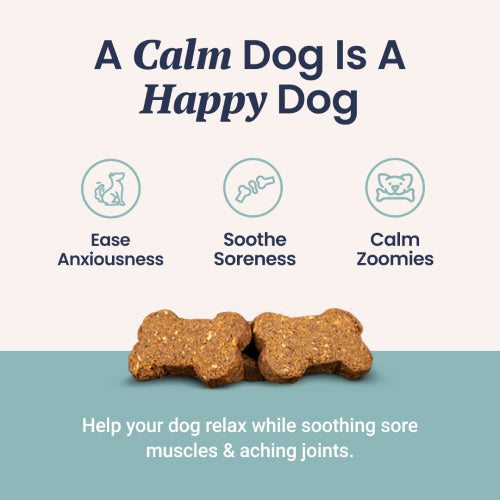
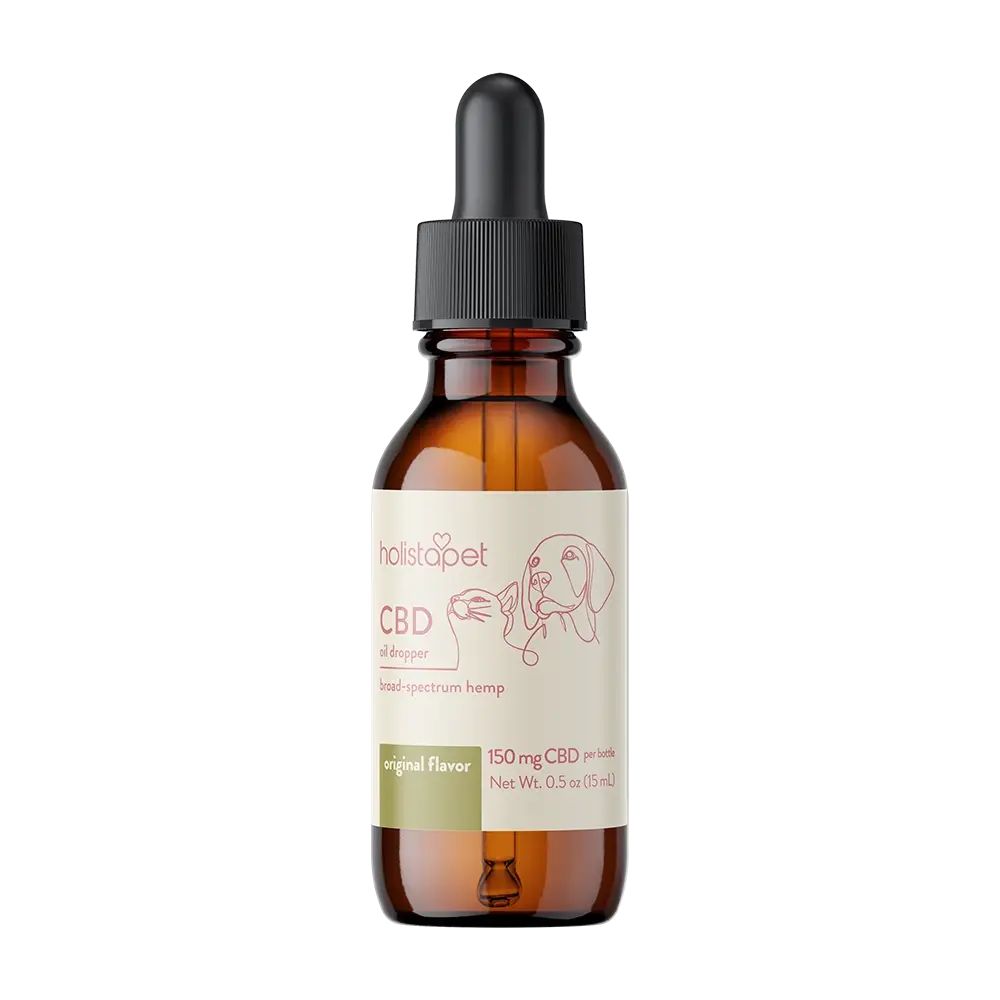

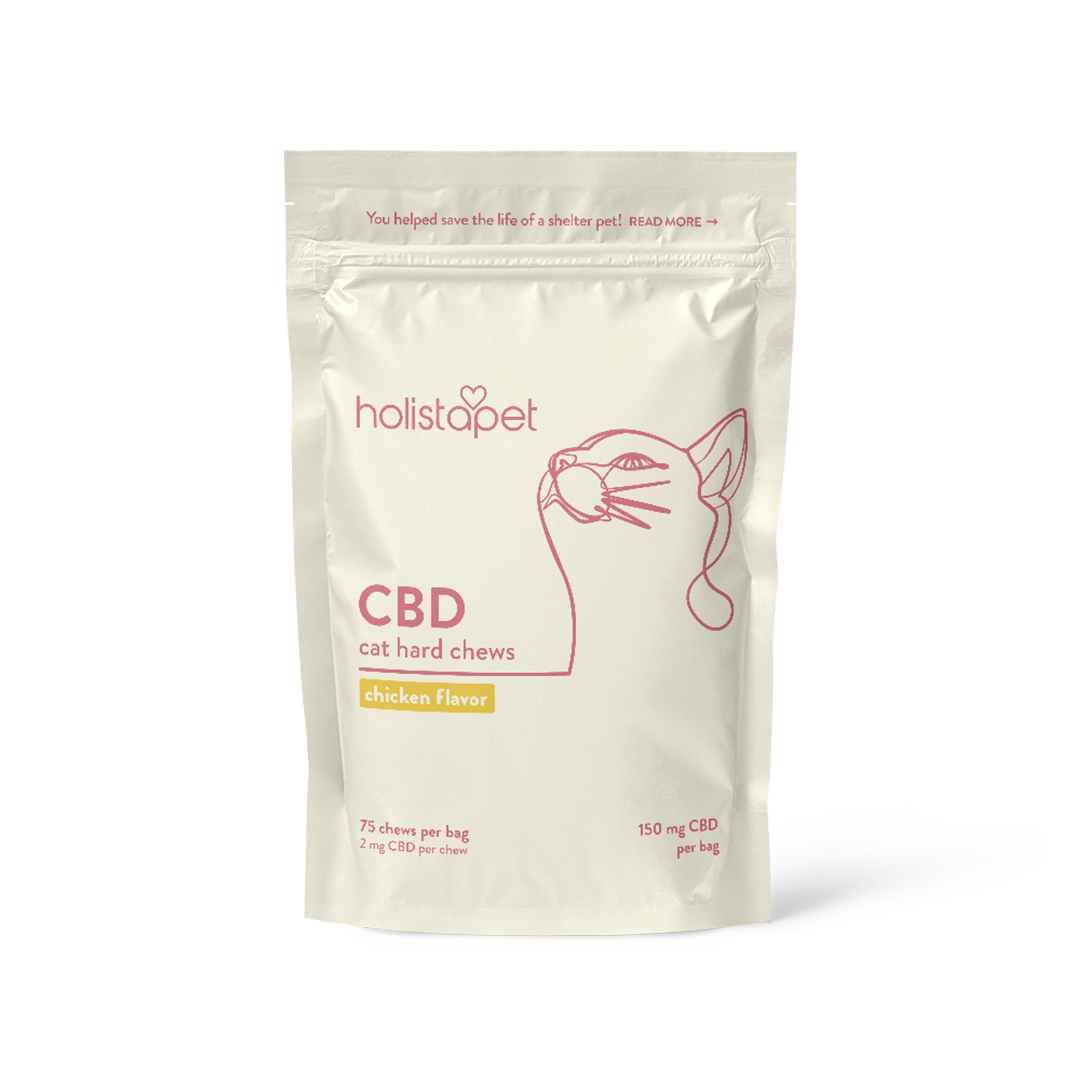
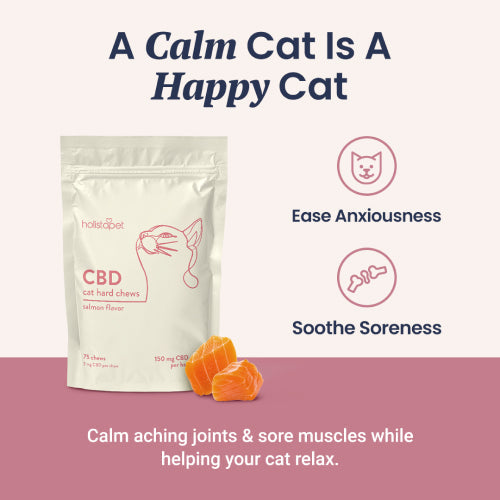
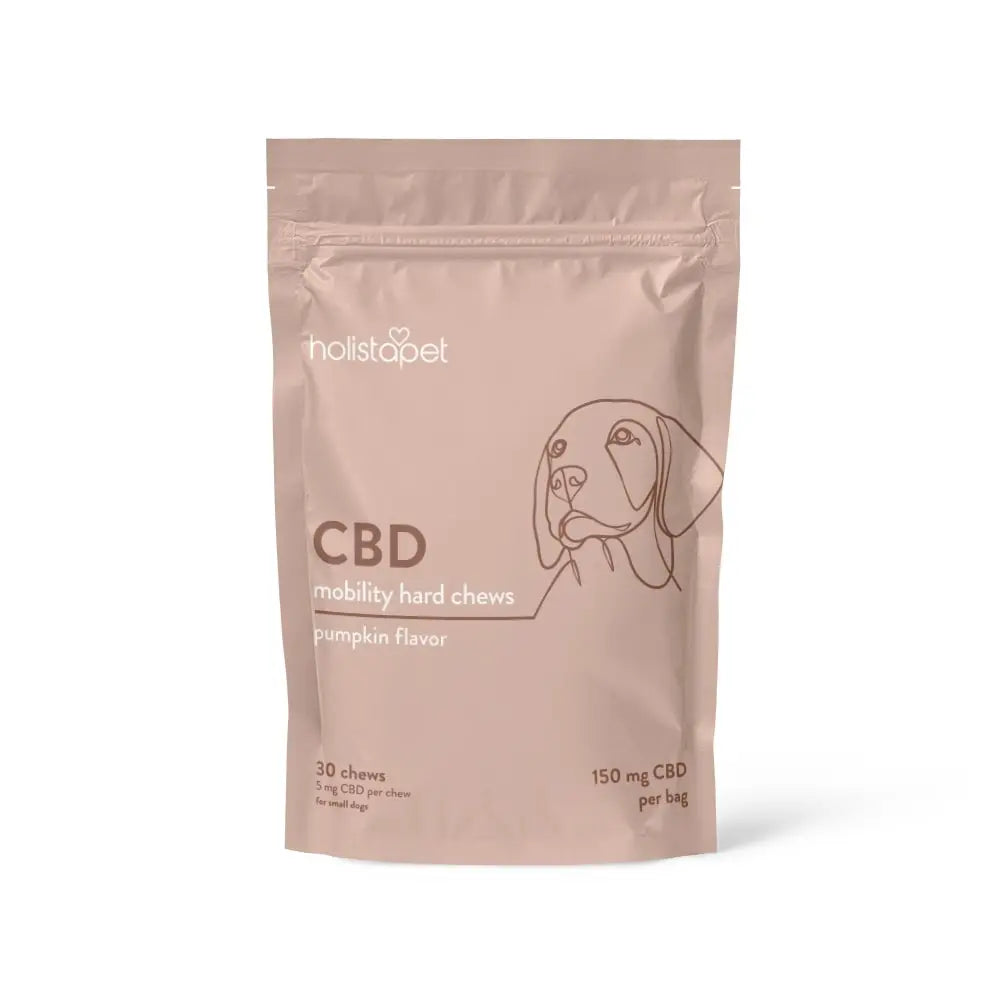
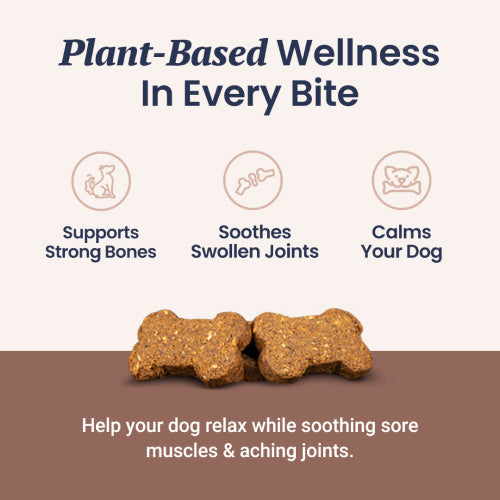
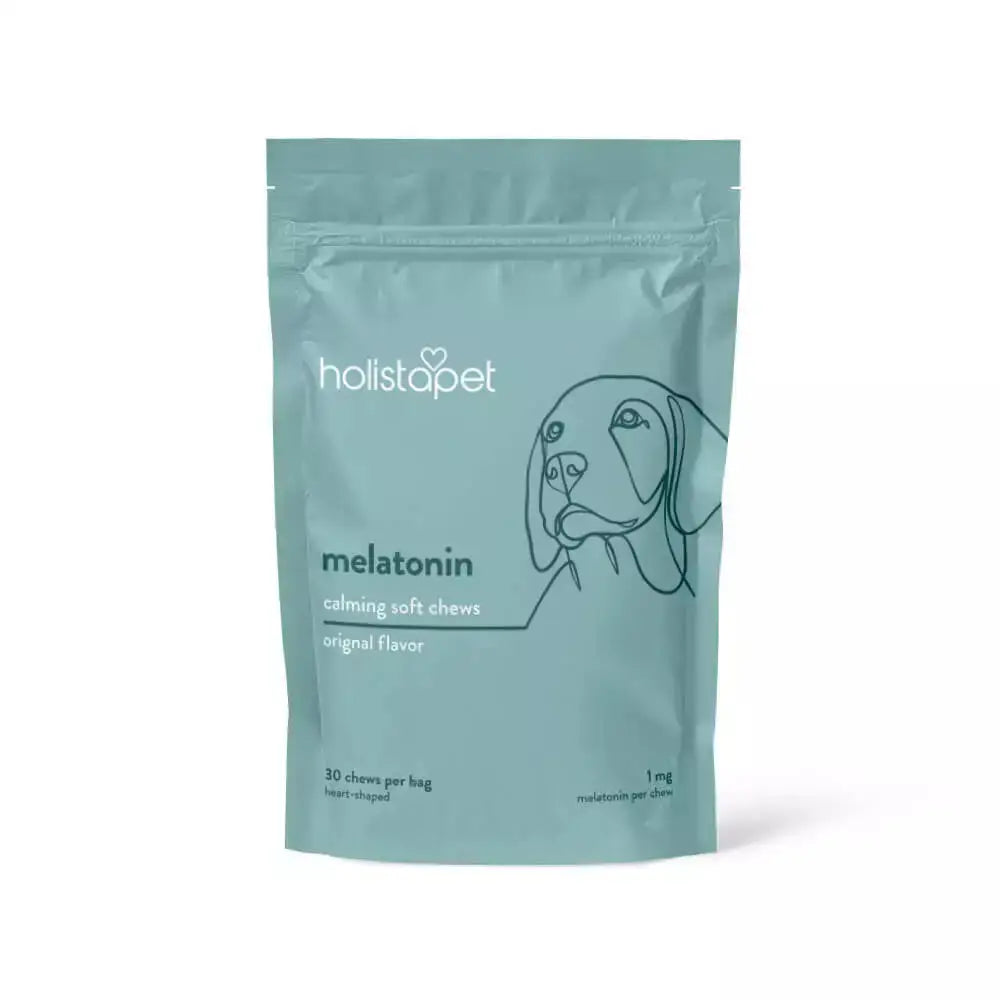

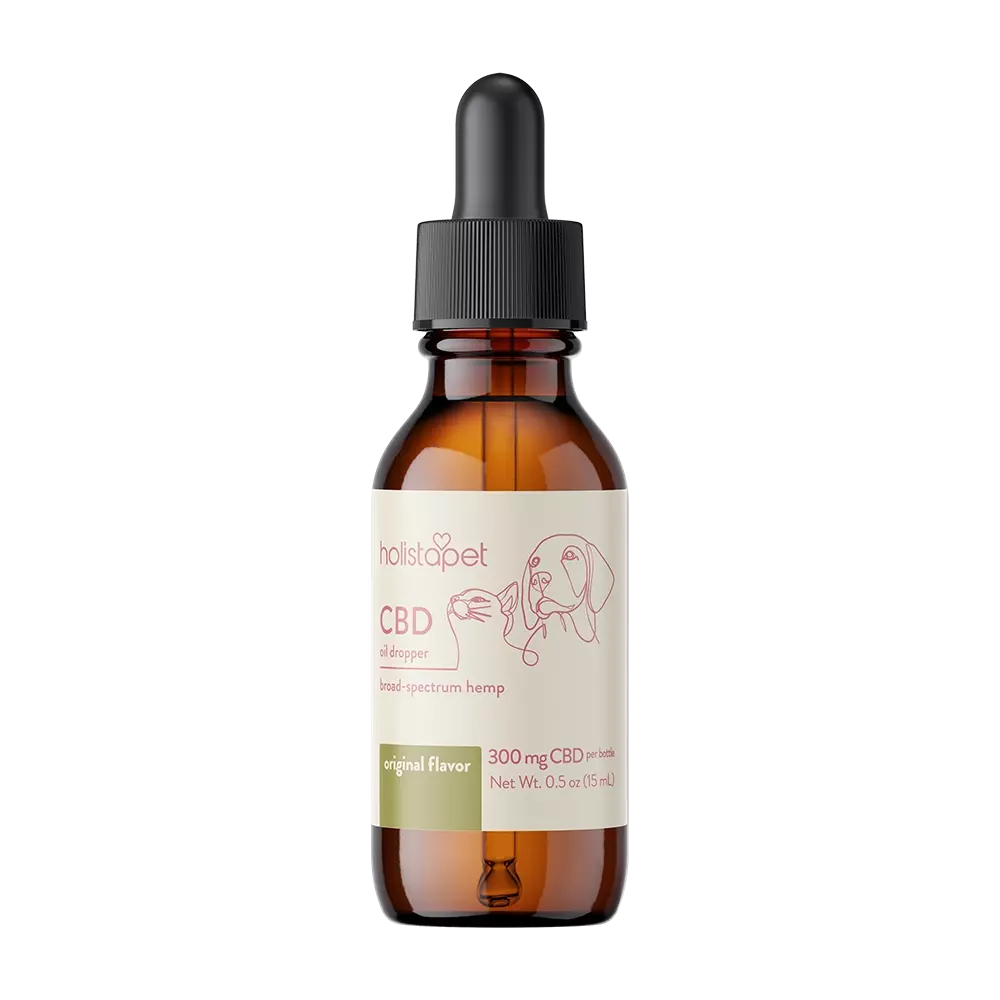

Leave a comment
This site is protected by reCAPTCHA and the Google Privacy Policy and Terms of Service apply.